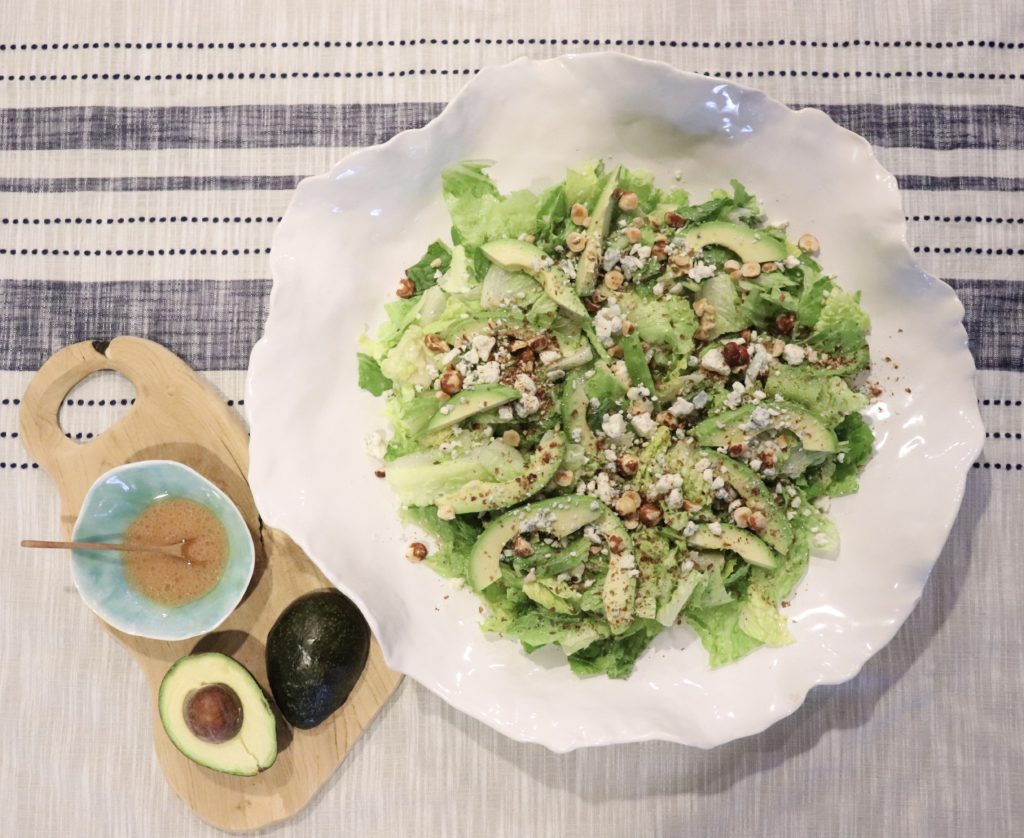This summer, Arise Ministries Collective is featuring the incredible life story of Rose Speer in three segments. Today we have the honor and privilege of sharing Part One! Her story is beautifully brave and captivating. As we all have the great honor of listening to Rose’s journey, it is our prayer that her experience will grow and bolster our faith and trust God in a deep and tangible way.
What would you do if everything you knew and loved was stripped away? Who would you turn to? Where would you go? Have a kleenex handy, settle in and join us as we listen to Rose’s childhood journey in the Philippines and how God held her tightly from tragedy to today.
About Rose Speer: Rose lives in Vancouver, WA with her husband, David (both are graduates of George Fox University), and two children, Coraleigh (14) and Malkiah (10). She is a wedding planner and party enthusiast who loves to bake, decorate cakes, host a crowd, garden, hike and watch her kids play sports.
lives in Vancouver, WA with her husband, David (both are graduates of George Fox University), and two children, Coraleigh (14) and Malkiah (10). She is a wedding planner and party enthusiast who loves to bake, decorate cakes, host a crowd, garden, hike and watch her kids play sports.
She is passionate about helping others grow and strengthen their faith, and loves the Lord with all her heart, mind and soul. It’s not surprising that Rose’s life verse is Joshua 1:9 – “Be strong and courageous! Do not be terrified, do not be discouraged for the Lord your God will be with you wherever you go.”
Podcast: Play in new window | Download
Subscribe: RSS


 About the Author: Lisa DaSilva is a wife, mom of two teenagers, and advocate for women to love God with their heart, soul and mind as they engage in responsible study of His Word. She writes, speaks, and teaches the Bible to anyone who will read or listen.
About the Author: Lisa DaSilva is a wife, mom of two teenagers, and advocate for women to love God with their heart, soul and mind as they engage in responsible study of His Word. She writes, speaks, and teaches the Bible to anyone who will read or listen. 


